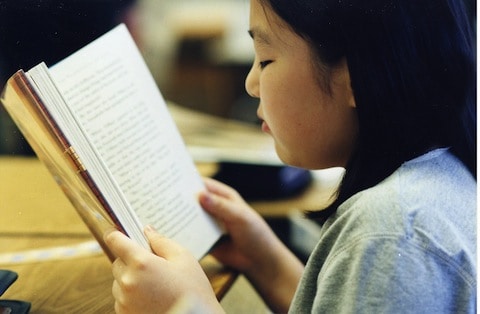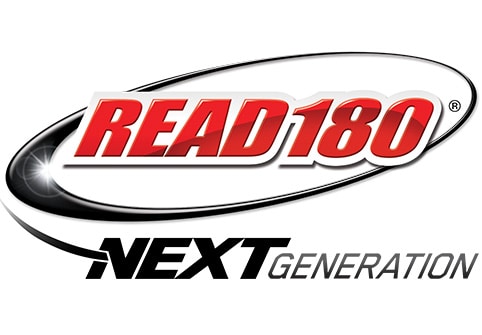Chicago Parents Demand Ed Variety, More Charters
Parents in Chicago rally for more charters, more choice, and different selection processes for their kids.
Designing A Network Of Education Innovation Clusters
By: Steven Hodas. With support from the Grable Foundation, Innovate NYC Schools and Digital Promise are launching the design phase of the Innovation Cluster Network to bring together educators, startups, policymakers, investors, researchers, and community groups across the usual boundaries that separate them.
Turning “I Hate to Read” into “I Love to Read”
As educators, we have to find ways around these obstacles in order to give them the gift of reading and that sometimes means going a bit outside the box.
Better Tests, More Writing, Deeper Learning
In a recent private vendor demonstration, nine testing companies showed that “Machine scoring engines did as well or better than the human graders,” as reported by Dr. Mark Shermis. In an open competition, top engines will share $100,000 prize purse to be awarded May 9 in Washington DC.
CodeHS Wins Innovation Challenge at Education Nation
CodeHS, a site that teaches high school students how to code, won the Innovation Challenge at Education Nation. CodeHS takes home a $75,000 prize from Robin Hood Foundation--and publicity worth a lot more than that!
NCTAF Learning Studios: The Future of Learning
Every once in awhile, we see pictures of the future -- a graphic image, a set of relationships, new tools at work, the buzz of a culture that feels remarkably productive. For me, site visits to Big Picture and Edvision schools were really influential 12 years ago -- and why I'm still enthusiastic about flex school models that engage and empower students.
New Leaders for New Schools
Secretary Duncan recently visited high performing North Star charter school in Newark New Jersey. He’d like to see states and districts close the lowest performing schools and replace them with more schools like North Star. The first big challenge is getting state and district officials to…
Preparing Students and Teachers for Next-Gen Assessments
To support school leaders and teachers, EdTech companies are supporting the development of resources that help prepare both students and teachers to meet the rigors of the new standards and assessments head-on AND succeed. As part of this effort, Scholastic’s READ 180 has developed rSkills College & Career and Stretch Text Instruction and Assessment Practice as resources to prepare students for these new rigorous assessments.
The Ed Games We Play
The rise of mobile phones usage has prompted discussions about augmented reality and its impact on retail marketing, privacy and reality. We found a blog where the discussion is focused squarely on education and how these types of developments will effect students. Her final point is crucial. Why are these games so boring, if they are really so helpful?
NACSA Releases State of Charter School Authorizers Report
The NACSA report provides an overview of the policies, practices, and characteristics of the nation’s largest charter school authorizers as well as a sampling of smaller authorizing entities






